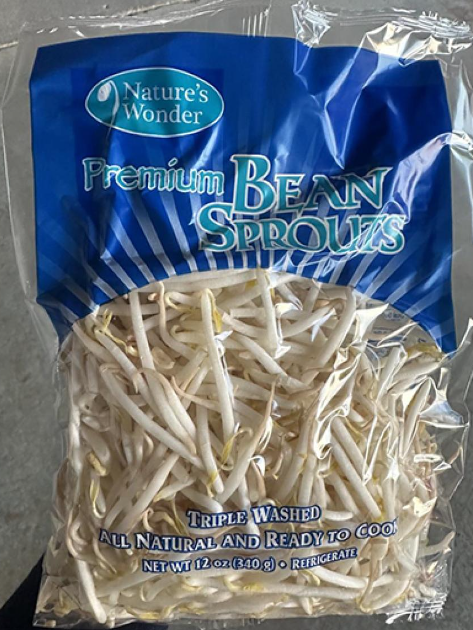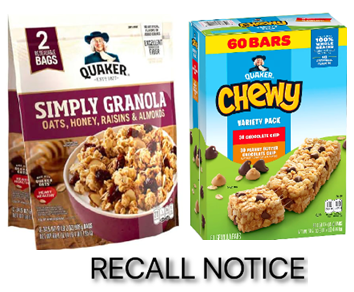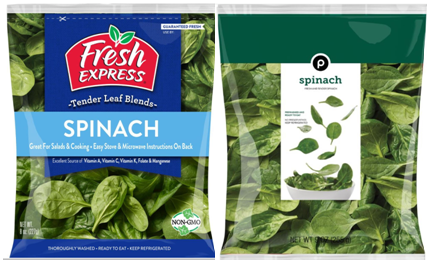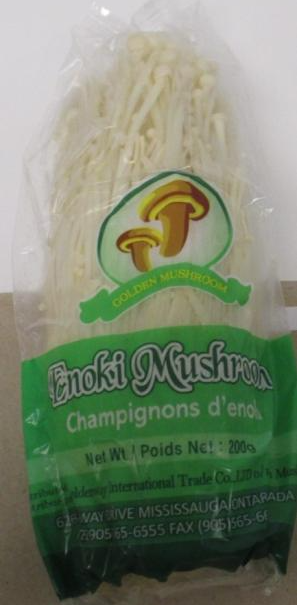The FDA reported on December 15, 2023, that Chang Farm (Whatley, MA) is recalling 12 oz Nature’s Wonder Mung Bean Sprouts, with sell-by date of December 13, 2023, because of Listeria monocytogenes. The product has been distributed to retail stores and wholesalers throughout MA, CT, NY, and MD. The product is packaged in 12 oz plastic bags (retail) with a “Sell By” date of December 13, 2023. No illnesses have been reported to date. The recall was initiated after a random sample was collected and analyzed by the Virginia Department of Agriculture and Consumer Services (VDACS), confirming the presence of Listeria Monocytogenes in the product. Further analysis of the sample by the FDA confirmed the presence of Listeria monocytogenes. All retail stores and wholesalers with this lot in MA, CT, NY, and MD should remove this product from their shelves. @ https://www.fda.gov/safety/recalls-market-withdrawals-safety-alerts/chang-farm-recalls-natures-wonder-mung-bean-sprouts-because-possible-health-risk#:~:text=Mung%20Bean%20Sprouts-,Company%20Announcement,monocytogenes%20(L.%20Monocytogenes).




